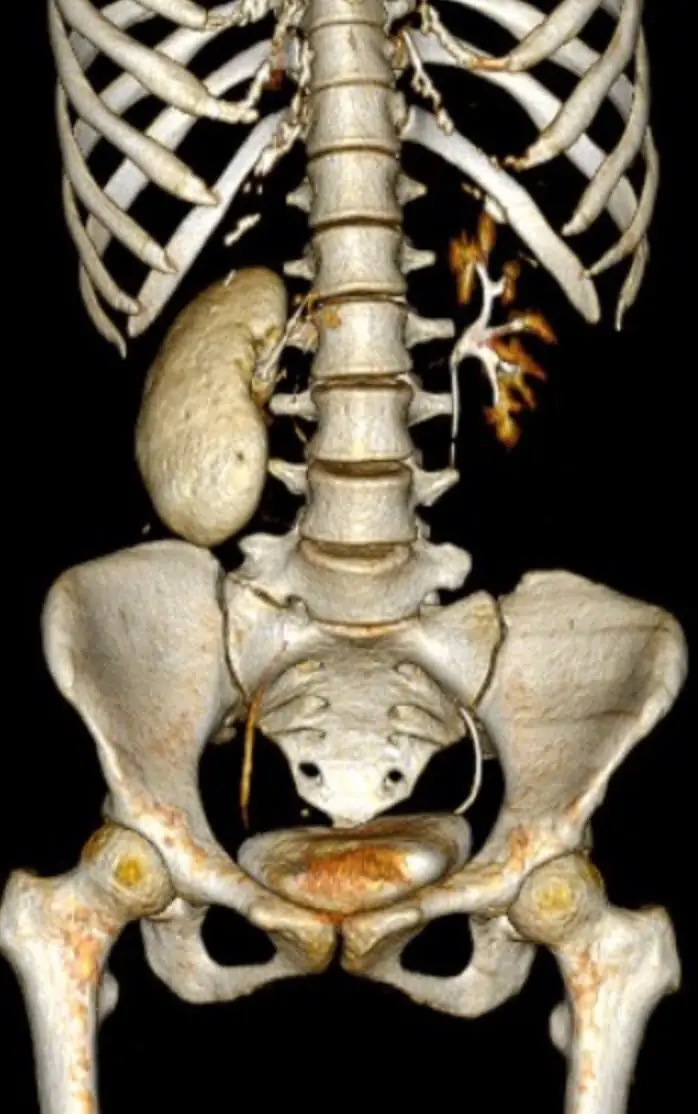
Warning: 3 Cooking Oils You Should Avoid Due to Cancer Risk — Don’t Sacrifice Your Family’s Health for Savings
Warning: 3 Cooking Oils You Should Avoid Due to Cancer Risk — Don’t Sacrifice Your Family’s Health for Savings
In every kitchen, cooking oil is a staple. It’s the base of countless meals — from stir-fries and deep-fries to baking and salad dressings. But not all oils are created equal. While many oils are safe and even beneficial when used properly, others can pose serious health risks, including increasing the likelihood of cancer. Alarmingly, some of the most dangerous oils are still widely used due to their low cost and long shelf life.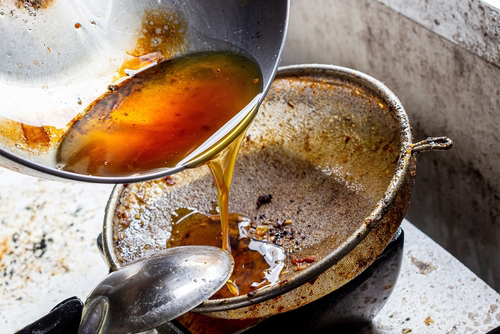
This article explores three types of cooking oils that experts warn you should avoid — especially if you value your health and that of your loved ones.
Why Cooking Oil Matters for Your Health
Before diving into the list, it's important to understand why cooking oil can impact your health so significantly. When oil is exposed to high heat, especially during frying, it undergoes chemical changes. Some oils release harmful compounds such as:
-
Free radicals – which damage cells and accelerate aging.
-
Aldehydes – which are linked to cancer and neurodegenerative diseases.
-
Trans fats – which raise LDL (bad cholesterol) and lower HDL (good cholesterol), increasing the risk of heart disease.
Thus, choosing the right oil isn’t just about flavor or price — it’s a long-term health decision.
1. Partially Hydrogenated Vegetable Oils (e.g., Margarine, Shortening)
What it is: These oils are made by adding hydrogen to vegetable oils, turning them solid at room temperature. They're often used in processed foods and baked goods.
Why it’s dangerous:
-
Partially hydrogenated oils are the primary source of artificial trans fats, which are among the worst fats for your health.
-
Trans fats increase the risk of heart disease, stroke, and Type 2 diabetes.
-
The World Health Organization (WHO) has called for the elimination of industrial trans fats from the global food supply, citing links to increased cancer risk.
Where you might find it: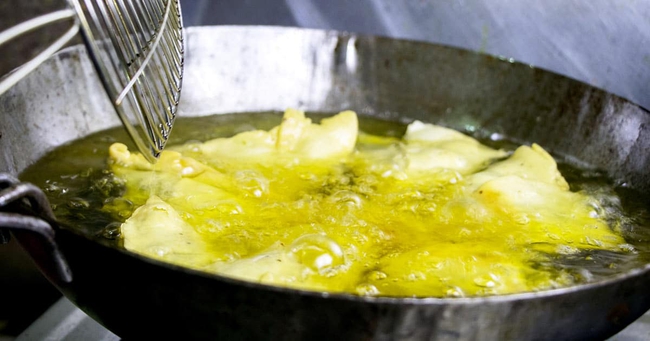
-
Fried fast food
-
Packaged snacks (e.g., crackers, cookies)
-
Frozen pizzas and pastries
-
Some margarine spreads
What to do:
Always read food labels. If you see “partially hydrogenated oil” on the ingredients list — put it back on the shelf. Even small amounts can be harmful over time.
2. Soybean Oil (Especially When Refined and Genetically Modified)
What it is: Soybean oil is one of the most widely used cooking oils globally due to its affordability and neutral flavor.
Why it’s dangerous:
-
Most commercially available soybean oil is highly refined and extracted using chemical solvents like hexane, a substance that can leave behind toxic residues.
-
It contains a high ratio of omega-6 fatty acids, which, when consumed excessively, promote inflammation — a known risk factor for cancer.
-
A 2020 study published in Endocrinology suggested that soybean oil not only contributes to obesity and diabetes but may also affect brain function and increase vulnerability to neurological diseases.
-
The majority of soybean oil in the market comes from genetically modified (GMO) soybeans, raising additional health and environmental concerns.
Where you might find it:
-
Processed foods
-
Salad dressings
-
Mayonnaise
-
Canned foods and sauces
What to do:
Opt for cold-pressed or organic oils. If you must use soybean oil, choose non-GMO and unrefined versions — though many health experts recommend replacing it entirely with safer alternatives like olive or avocado oil.
3. Palm Oil (Especially When Hydrogenated or Repeatedly Heated)
What it is: Derived from the fruit of oil palm trees, palm oil is used in everything from fried foods to cosmetics.
Why it’s dangerous:
-
While unrefined red palm oil contains some beneficial nutrients like vitamin E and beta-carotene, most palm oil used in cooking is refined and deodorized.
-
A study by the European Food Safety Authority (EFSA) found that refined palm oil can produce potential carcinogens such as glycidol when processed at high temperatures.
-
When palm oil is reused repeatedly in frying, it breaks down and releases toxic aldehydes, which are linked to an increased cancer risk.
-
From an ethical standpoint, palm oil production contributes to deforestation and loss of biodiversity — though that’s another conversation.
Where you might find it:
-
Instant noodles
-
Potato chips and other fried snacks
-
Baked goods
-
Pre-packaged meals
What to do:
Avoid products with generic “vegetable oil” listed — it often refers to palm oil. Look for non-hydrogenated, sustainable palm oil if necessary, or better yet, switch to healthier oils altogether.
Healthier Alternatives to Consider
Now that you know what to avoid, here are a few healthy oil choices that offer flavor and health benefits:
-
Extra Virgin Olive Oil: Rich in antioxidants and heart-healthy fats; best used for low-heat cooking or dressings.
-
Avocado Oil: High smoke point and great for frying or grilling; packed with monounsaturated fats.
-
Coconut Oil (Virgin): Stable at high heat and has antimicrobial properties; use in moderation due to saturated fat content.
-
Sesame Oil: Contains antioxidants and anti-inflammatory compounds; ideal for Asian cuisine and stir-fries.
Final Thoughts: Don’t Sacrifice Health for Convenience
It’s understandable that budget plays a role in our food choices — but the long-term cost of poor health is far higher than saving a few cents on cheap cooking oil. Chronic diseases like cancer, heart disease, and diabetes are often linked to daily lifestyle choices, including the type of oil you use in your kitchen.
Educating yourself and making small, intentional changes can protect your family's health in the long run. So next time you're shopping, read the labels carefully, avoid the dangerous oils above, and invest in high-quality, safe alternatives. Your body — and your loved ones — will thank you.
News in the same category


Can overly hot baths harm your heart and circulation?

7 signs of brain c.a.ncer that are easily confused with other diseases

4 Things to Avoid After 5 PM to Lower Your Risk of Stro.ke
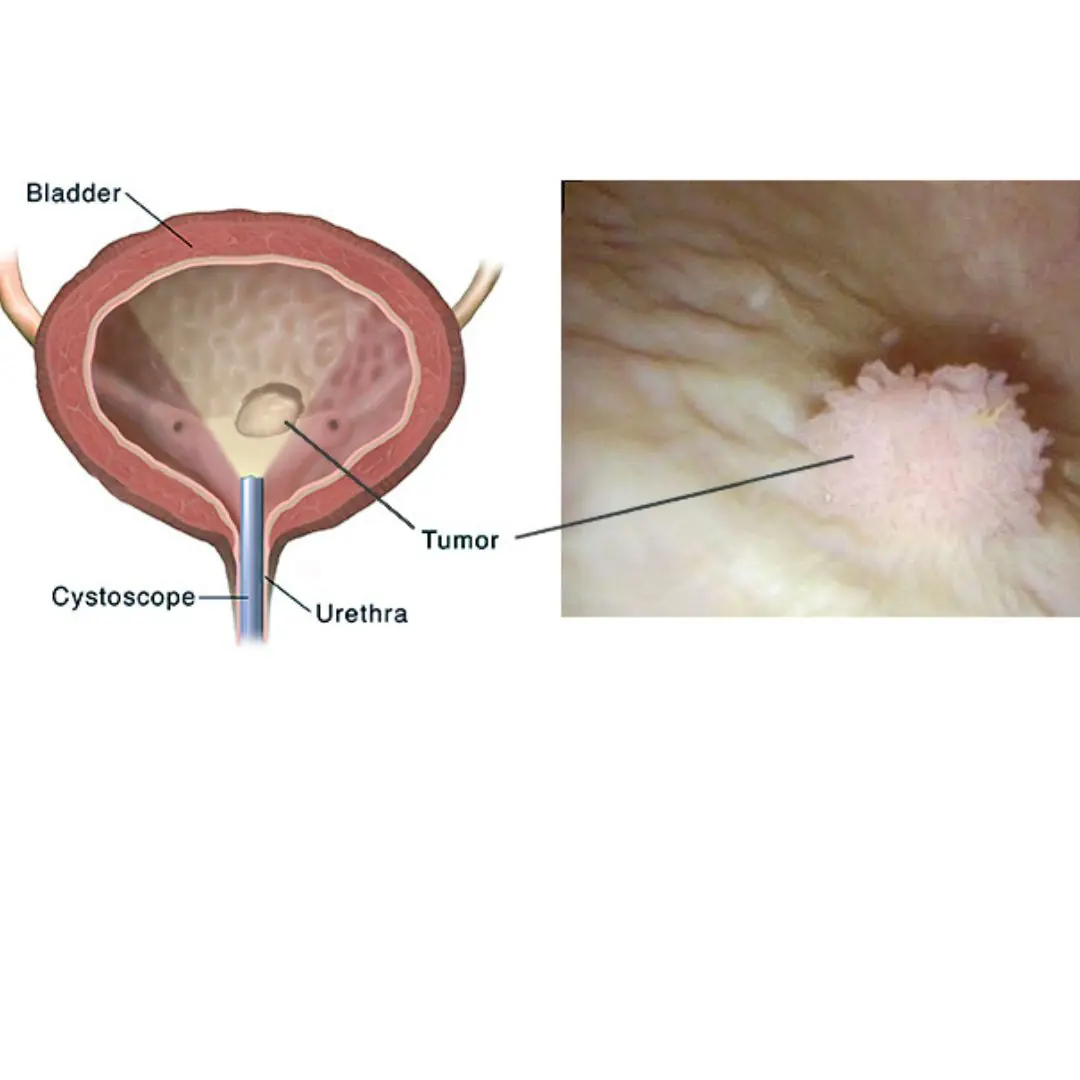
Bladder Ca.ncer: Symptoms You Shouldn’t Ignore
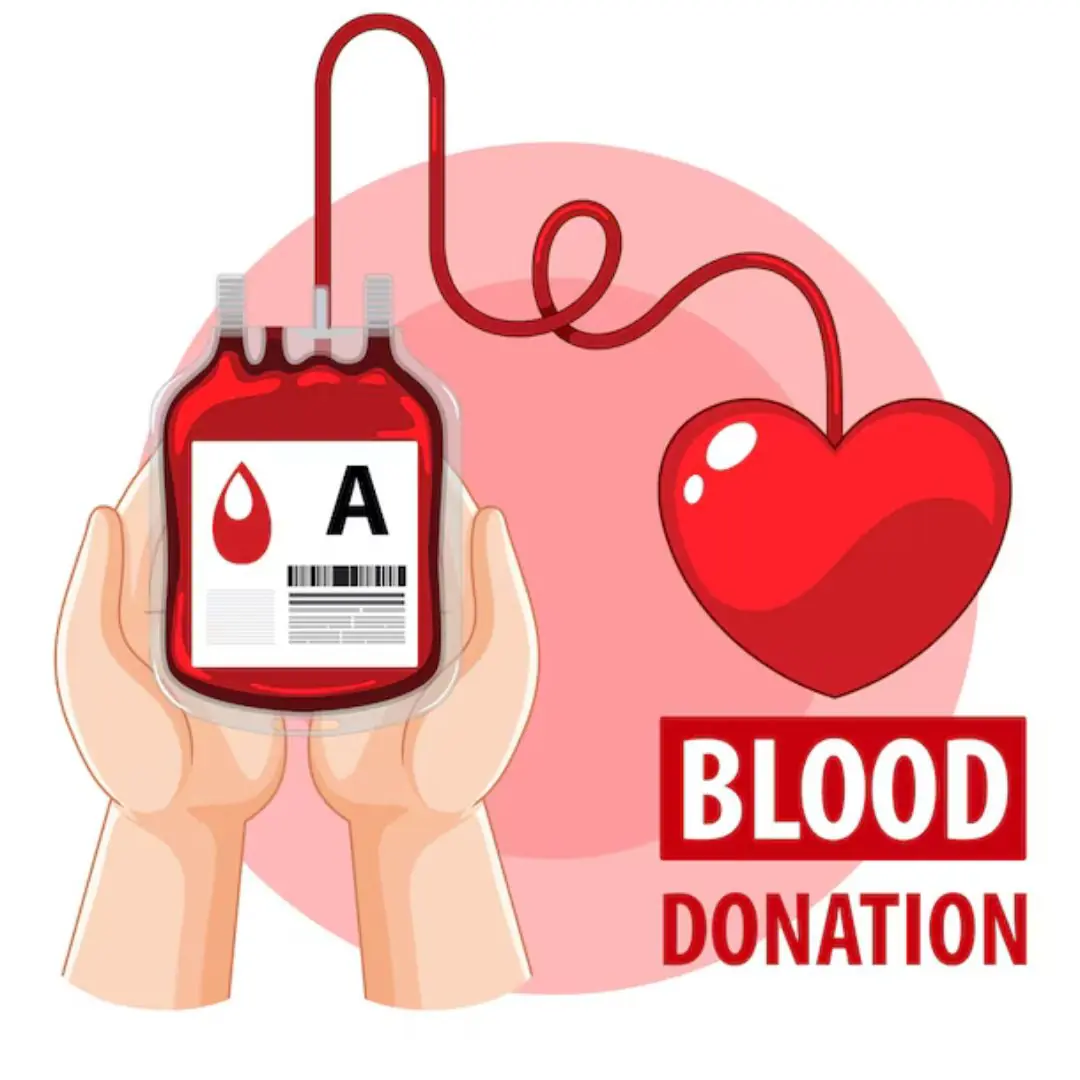
The Surprising Benefits of Donating Bl.o.od
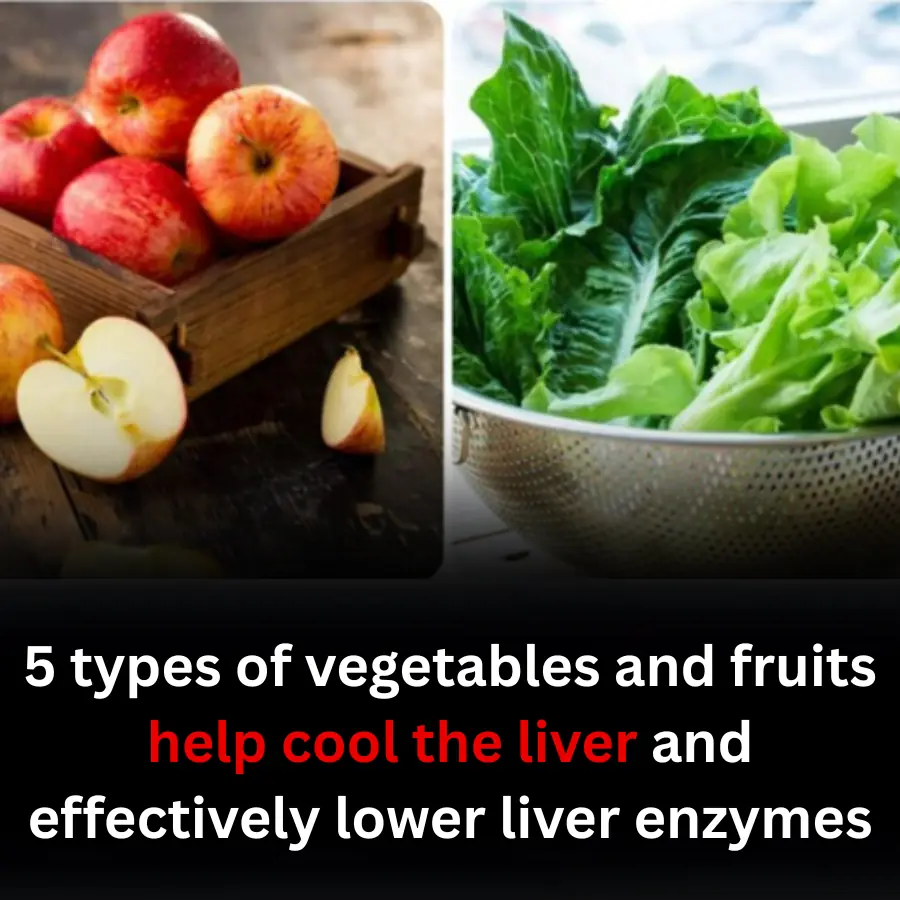
5 types of vegetables and fruits help cool the liver and effectively lower liver enzymes
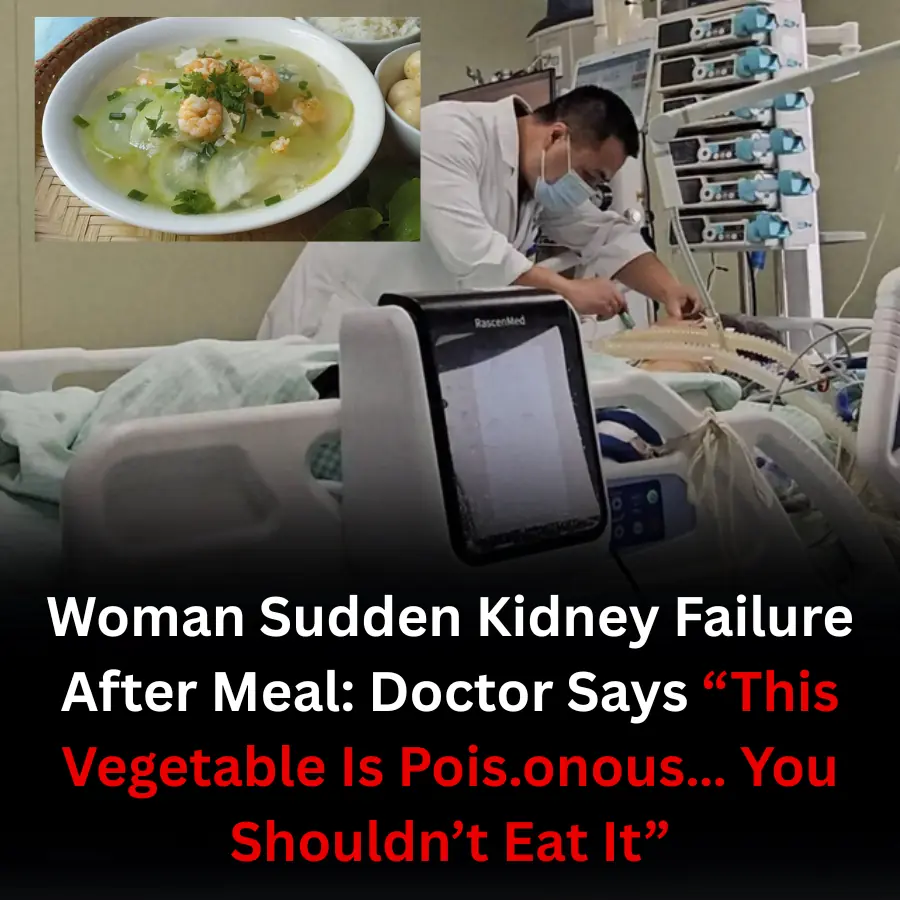
Woman Sudden Kidney Failure After Meal: Doctor Says “This Vegetable Is Poisonous… You Shouldn’t Eat It”

3 Critical Mistakes You Must Never Make with a Stro.ke Victim — Regret Won’t Undo the Damage
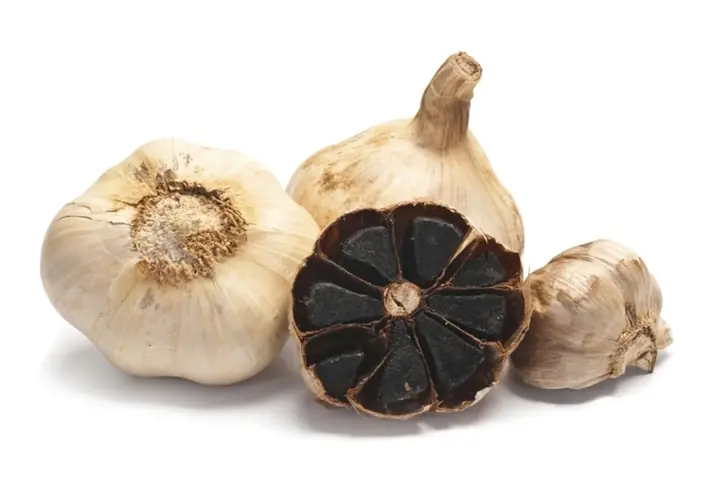
Shocking Truth: Black Garlic Isn’t for Everyone — 5 Types of People Who Should Avoid or Limit It Immediately

5 Early Warning Signs Your Body May Be Signaling Can.cer — See a Doctor Before It’s Too Late
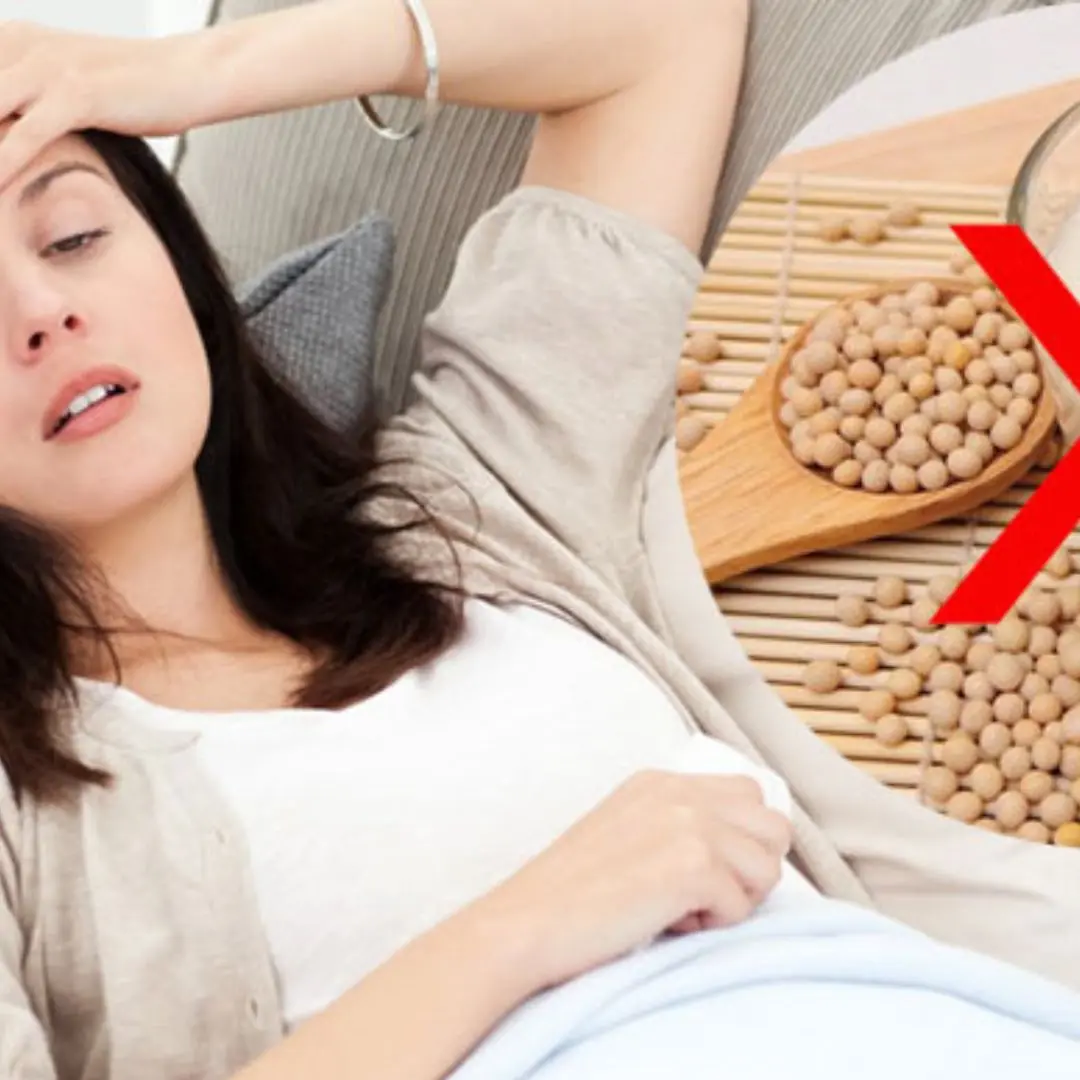
Who should not drink soy milk? 6 things to remember
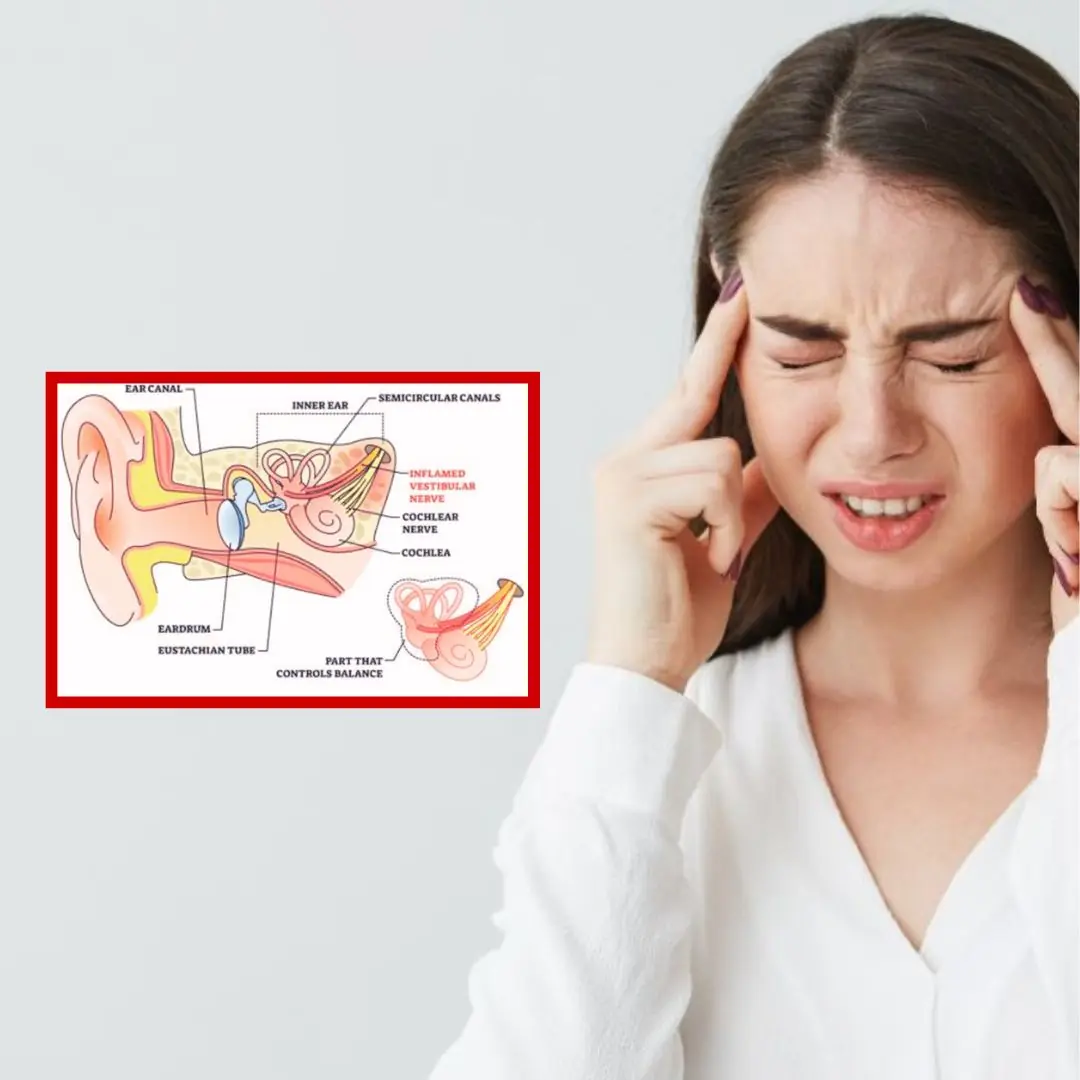
Understanding Vestibular Disorders: Causes, Symptoms, and How They're Treated
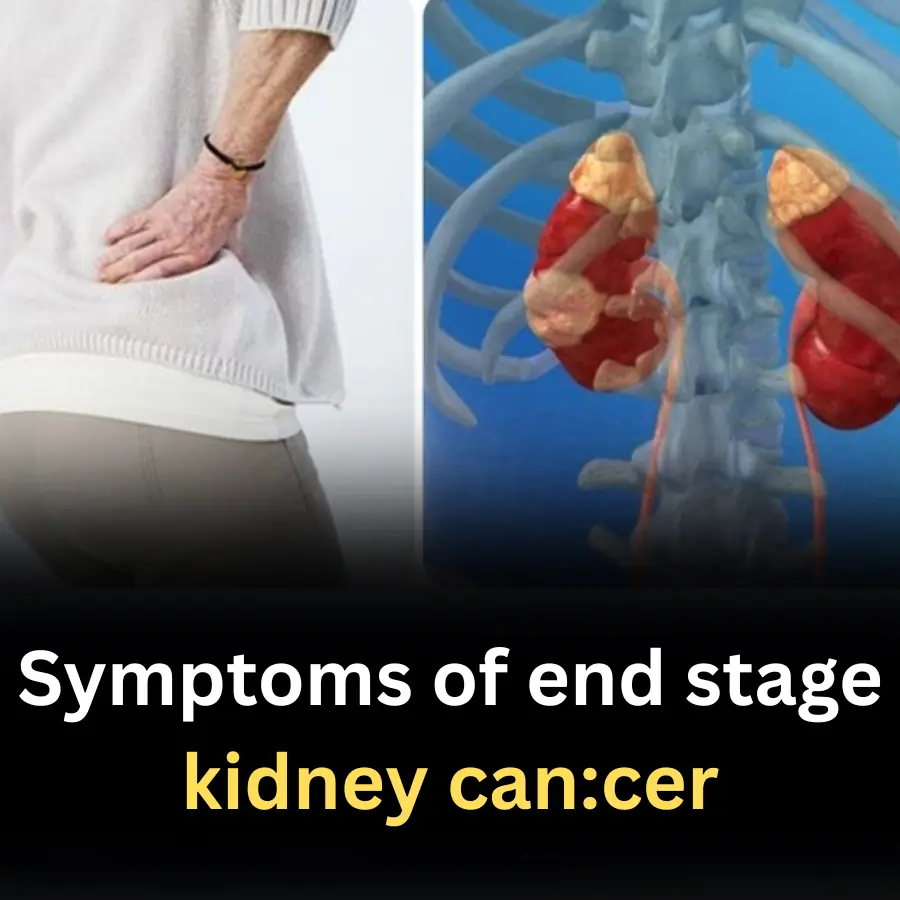
Symptoms of end stage kidney can,cer
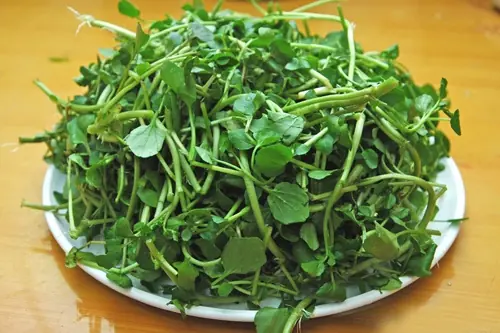
4 best vegetables to help prevent canc.er
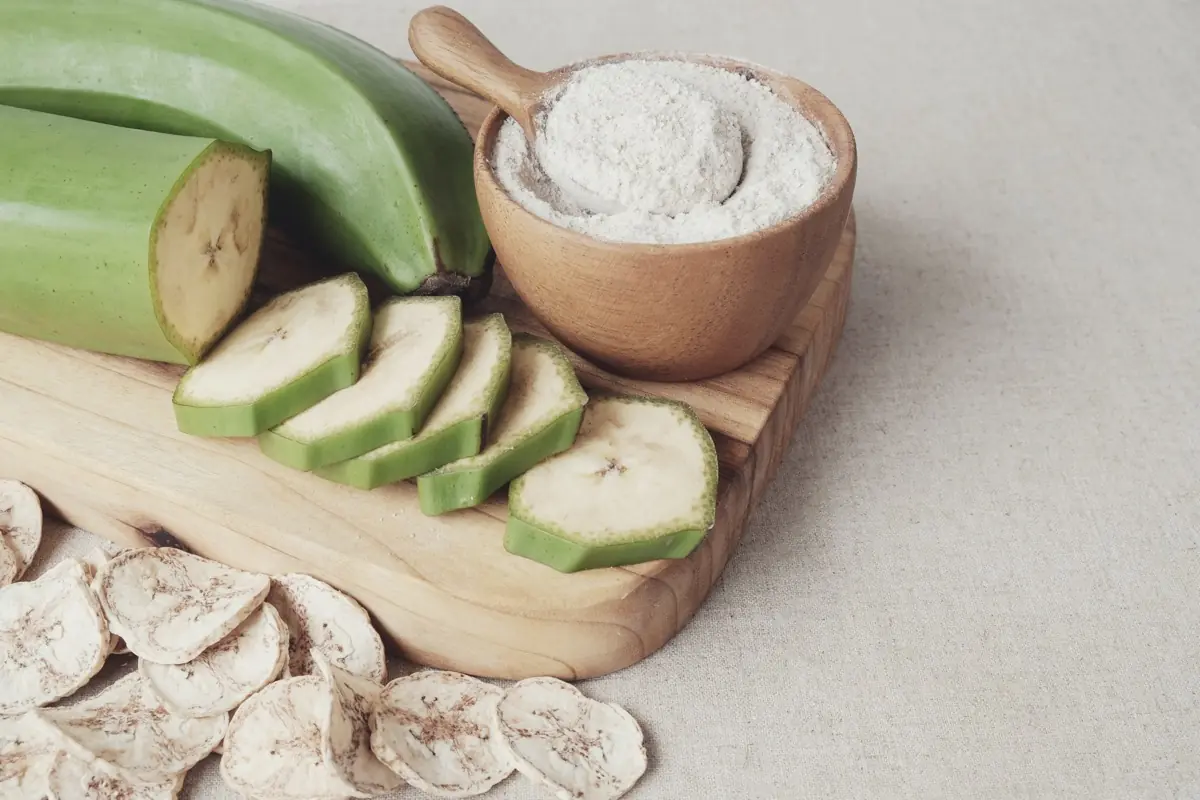
This fruit is extremely high in starch but helps reduce blood sugar and prevent 5 types of can.cer
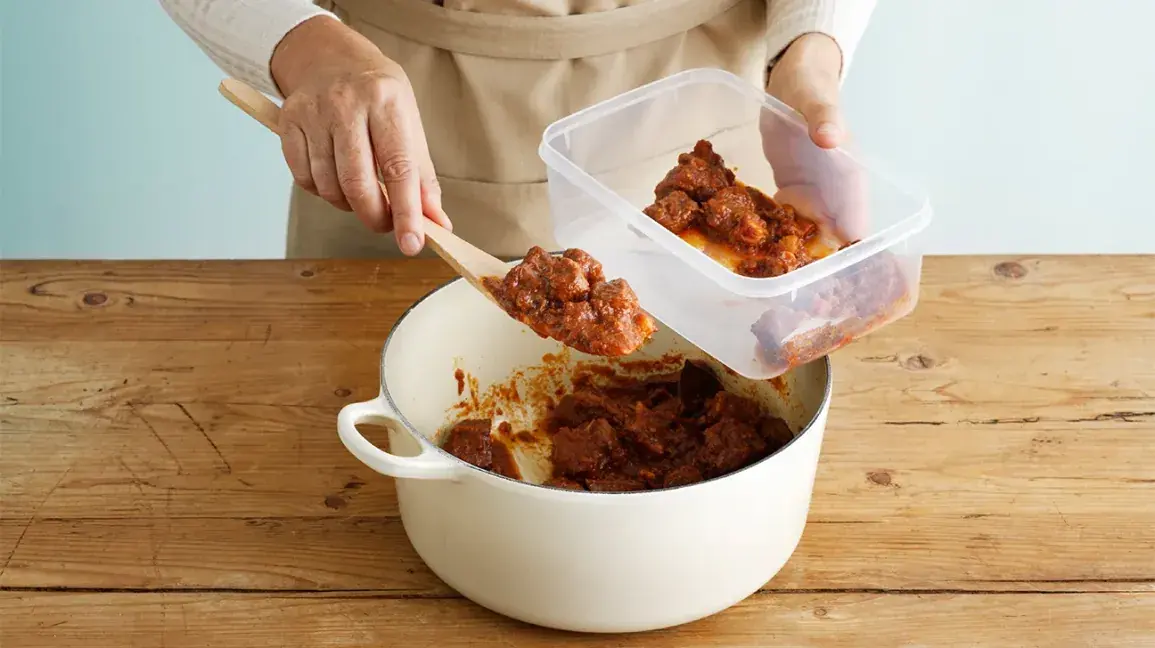
These 3 “Frugal” Habits Are Actually Selling Out Your Health
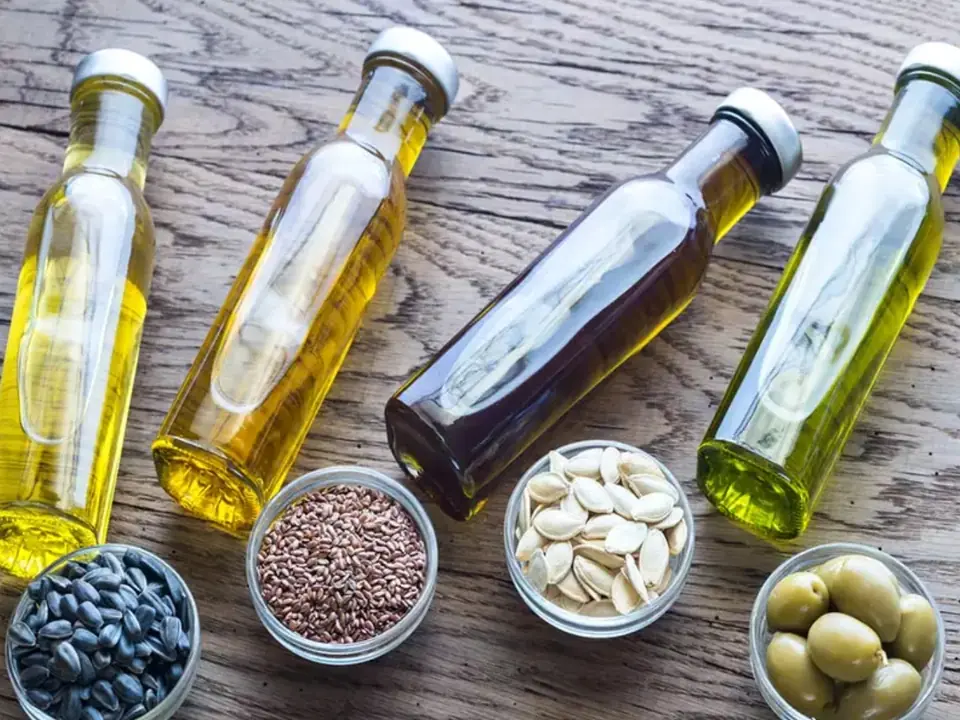
Types of cooking oils that are good for the heart
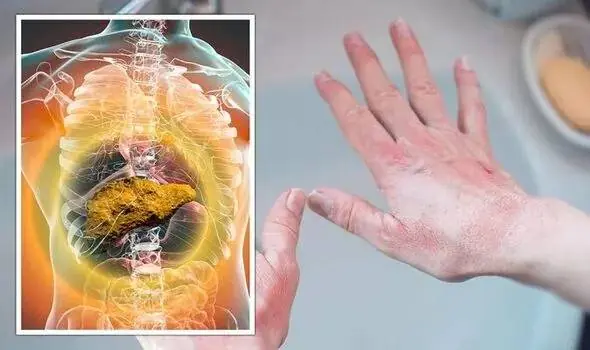
When Your Li.ver Is “Drenched” in Fat, Your Body Sends 5 Nighttime Warnings

Man Diagnosed with Kid.ney Failure from 3 "Tasty" Foods
News Post
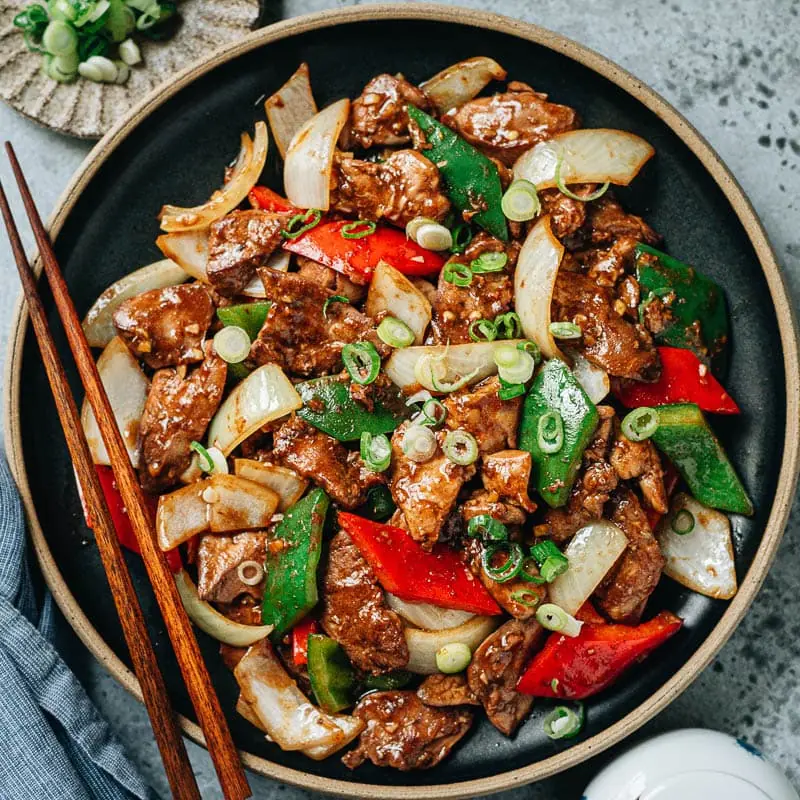
The Most Nutritious Part of the Chicken—“Pricier than Gold” Yet Often Thrown Away by Home Cooks

Doctor Urges 4 Actions to Protect Your Body’s "Blo.od Filter"
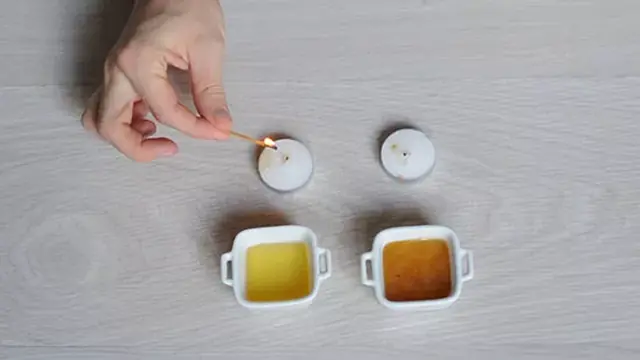
6 Smart Tips for Choosing Quality Honey Sellers Don’t Want You to Know

Can overly hot baths harm your heart and circulation?

7 signs of brain c.a.ncer that are easily confused with other diseases

4 Things to Avoid After 5 PM to Lower Your Risk of Stro.ke
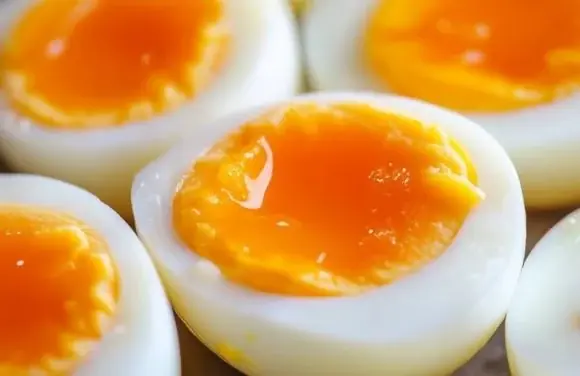
Doctors Warn: This Common Way of Eating Boiled Eggs Can Clog Your Arteries
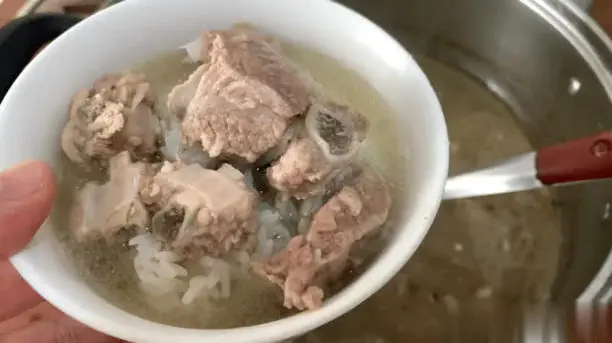
Blanch Bones First or Simmer Directly?
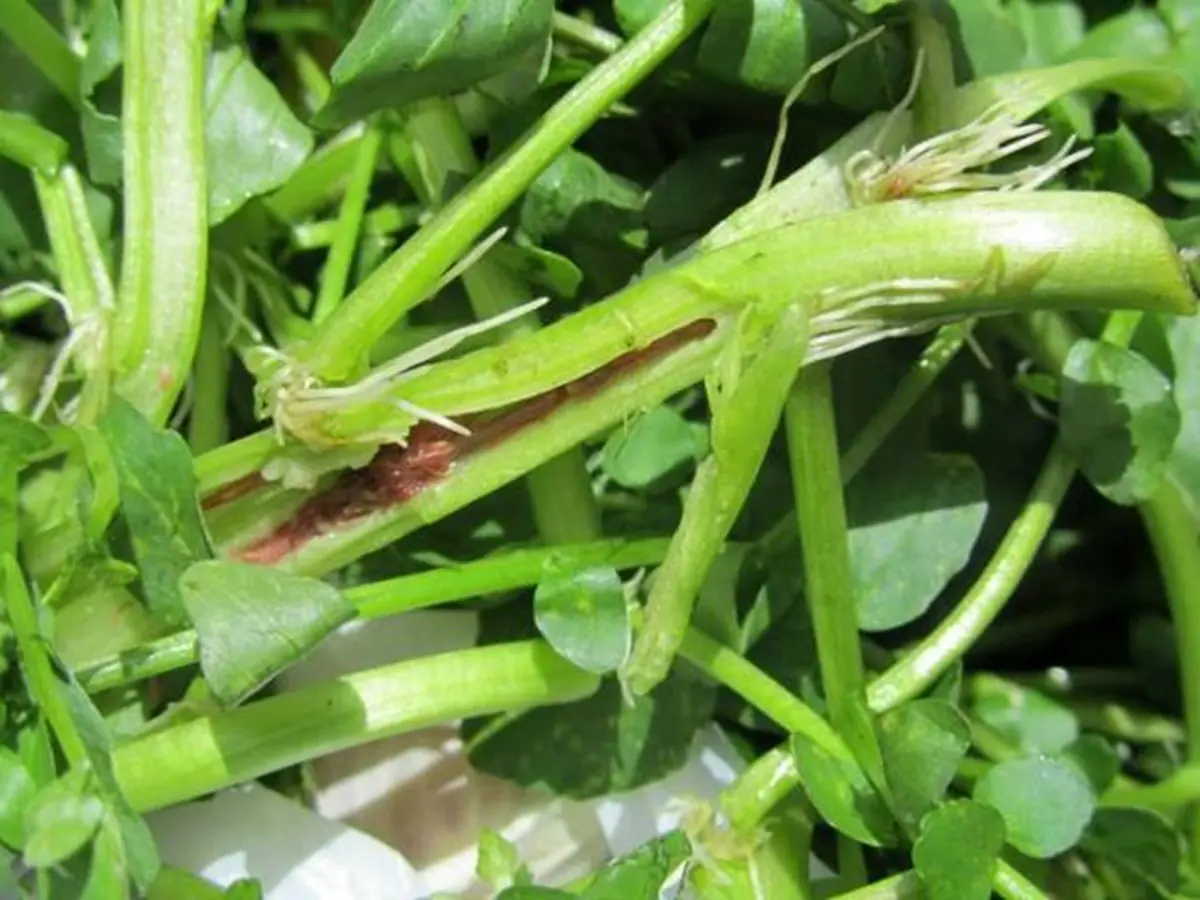
2 Common Vegetables That Can Harbor Parasites
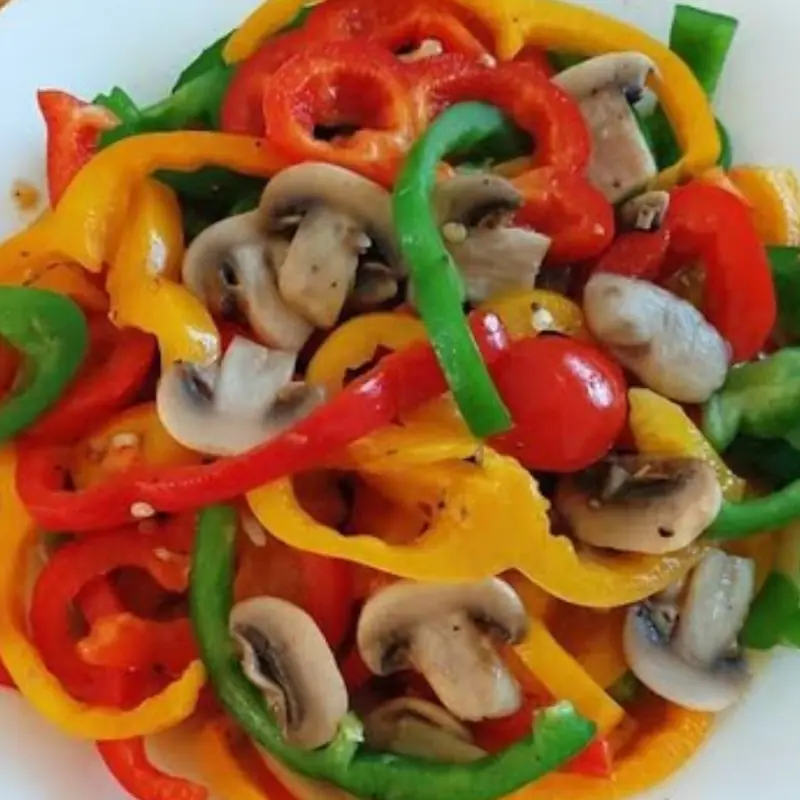
The 'Vitamin C King' of the Vegetable World

Avoid Swimming If You Spot 'Square Waves'
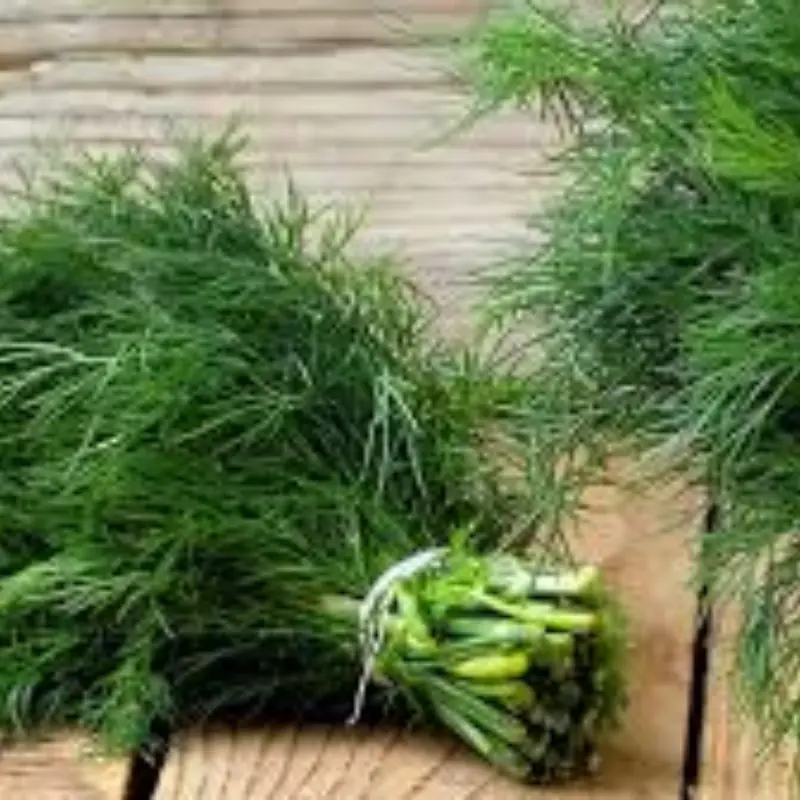
3 Green Vegetables Called the “King” of Sto.mach Protection

Why You Should Not Bring Seeds on a Plane: A Detailed Explanation

Bladder Ca.ncer: Symptoms You Shouldn’t Ignore
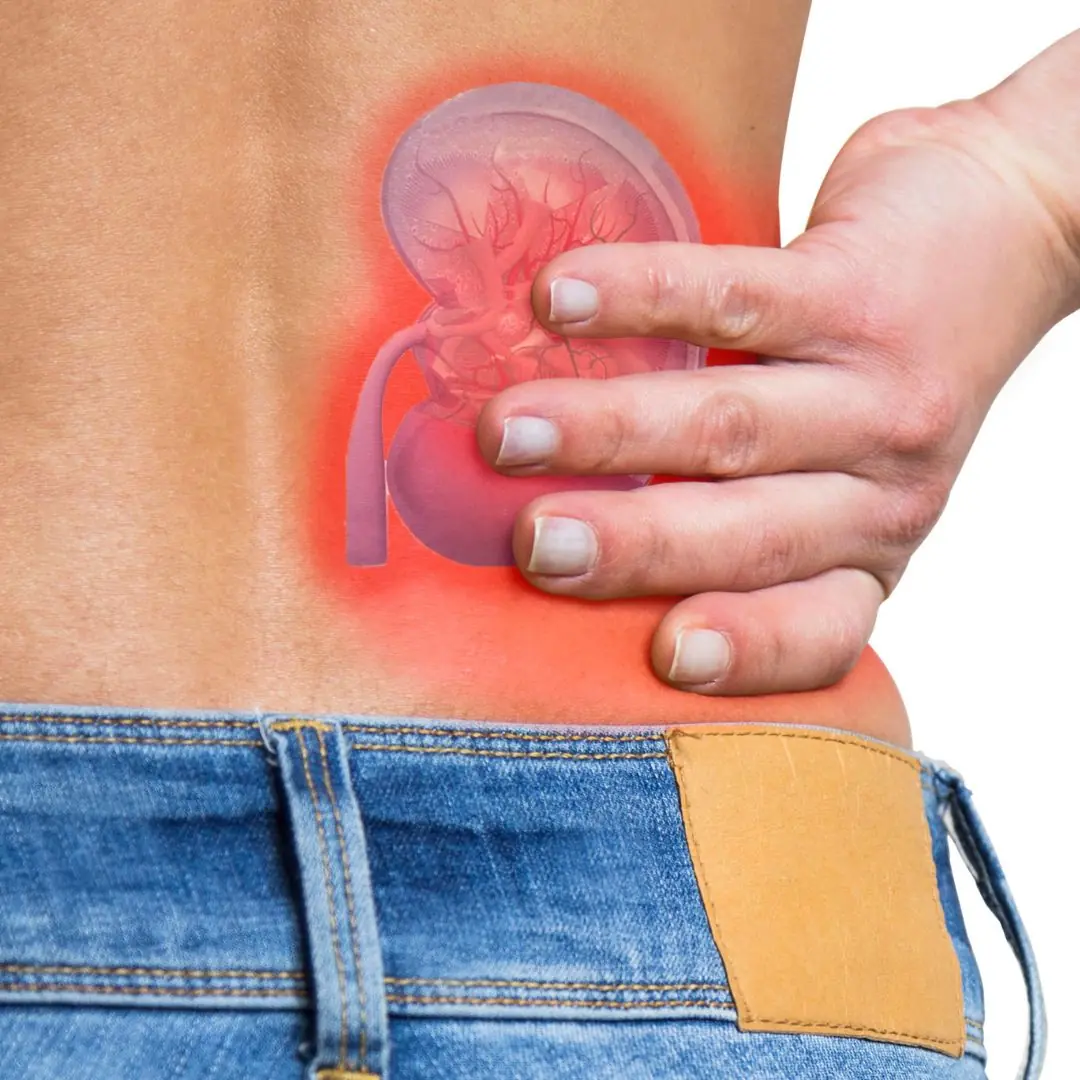
4 Healing Drinks to Prevent and Dissolve Kidney Stones

10 Powerful Reasons a Simple Smile Can Change Your Life

The Surprising Benefits of Donating Bl.o.od

5 types of vegetables and fruits help cool the liver and effectively lower liver enzymes

Top vegetable to help reduce visceral fat extremely effectively, nutritionist reveals 4 more easy ways to lose weight
